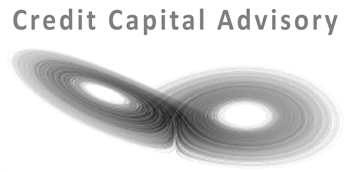by admin | Jan 9, 2013 | Uncategorized
Most investors got caught out by the last monetary policy fad by using the level of inflation as a proxy for asset price sustainability and lost a great deal of money. As a result many economists have become critical of the utility of inflation targeting. But will the next big idea be any different? The next big thing in monetary economics may well be for central banks to target nominal GDP. Unfortunately “the next big thing” in monetary economics does not have a very good track record.
by admin | Nov 15, 2012 | Uncategorized
Gavyn Davies’s article is an interesting attempt to explain why the UK recovery remains so weak. This analysis is also very timely given the recent prognosis by the governor of the Bank of England of sluggish growth and high inflation. One aspect that Gavyn Davies has...
by admin | Sep 25, 2012 | Uncategorized
A sectoral analysis of the UK economy provides more granular evidence that Ben Broadbent’s assumption of labour hoarding and lower productivity growth currently impacting the UK economy is the most plausible explanation of the breakdown between rising employment and...
by admin | Aug 31, 2012 | Uncategorized
See link to John Cochrane’s excellent response to Gordon’s recent paper. http://johnhcochrane.blogspot.co.uk/2012/08/gordon-on-growth.html In particular: ‘My impression of modern growth theory is that the economics of innovation production and...
by admin | Aug 29, 2012 | Uncategorized
Excellent paper from Bill White on evaluating the desirability of ultra easy monetary policy by weighing up the balance of the desirable short run effects and the undesirable longer run effects – the unintended consequences....
by admin | Jul 3, 2012 | Uncategorized
Although the returns on equities in the long run have been superior to those on bonds, equity returns remain extremely volatile due to the nature of the business cycle. Long-only investors attempting to minimise this volatility using indicators emanating from the...
